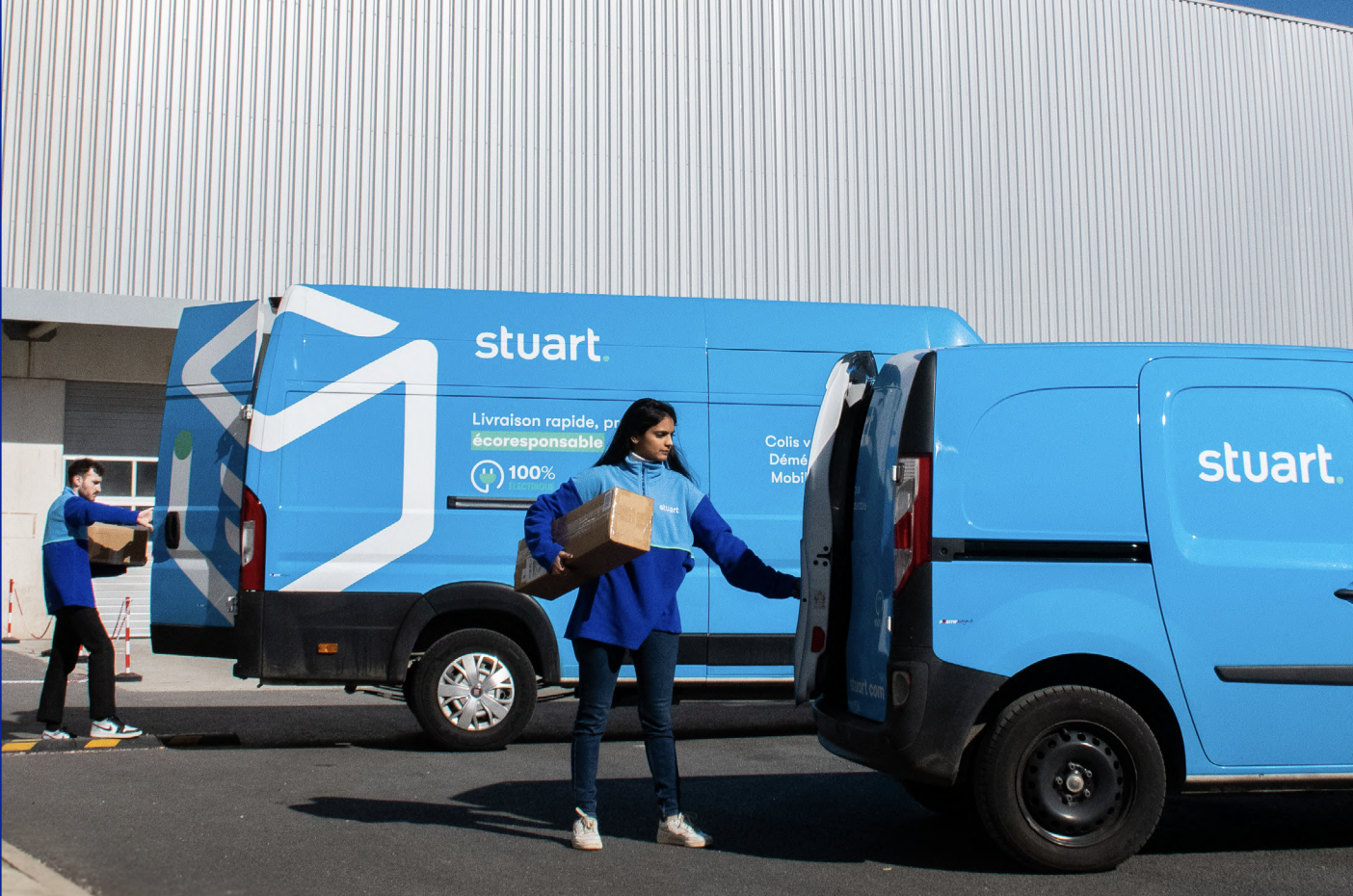A new report calls on retailers, policymakers and the wider society to work together to find new ways of building the industry in a way that enables its staff to enjoy good retail jobs on the high streets of the future.
How retailers might use stores to provide better retail jobs, as more shoppers go online to make more of their purchases, is a key theme for the new RSA report, Retail therapy: towards a future of good work in retail. It finds that, with an expected 23,000 shops expected to close this year, current changes to the high street are hitting workers – and especially women – hard. It goes on to ask how retail could develop in the future in order to improve the kind of work that people can do in shops.
The report points to four alternative ways that retail could develop, from the empathy economy with personal shoppers helped by new technologies or the exodus economy, where technology stalls amid reession, to the big tech economy with driverless delivery, automated warehouses and till-free stores or the precision economy, featuring IoT (Internet of Things) sensors that track workers in an industry increasingly run as a gig economy.
In the light of those possible directions, it asks how retailers might improve staff skills while ensuring that high streets continue to thrive, and there are good retail jobs available. Ideas that emerged from a solutions lab attended by a number of senior retailers included a sector-wide platform for lifelong learning, a place-based ‘sandbox’ supporting retailers from a given city or town to work together to develop their high street, a job design lab for the future retail worker, and a fair tech kite mark.
“New approaches to lifelong learning will be critical to ensure that workers are able to navigate the shifting sands of the labour market,” say report authors Fabian Wallace-Stephens and Alan Lockey. “More agile approaches to regulation may be necessary to ensure that retailers can harness the opportunities of technology and develop models to reinvigorate our high streets. “Rather than have change happen to them, workers can be active participants in designing future jobs.”
Image: InternetRetailing Media/Paul Skeldon









